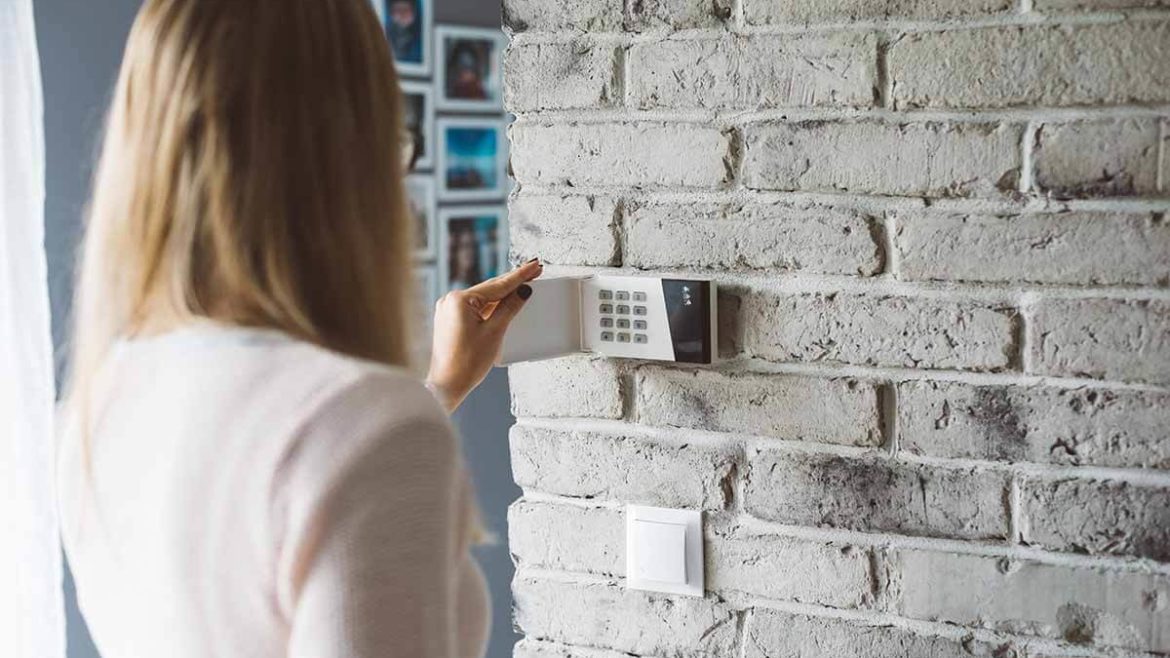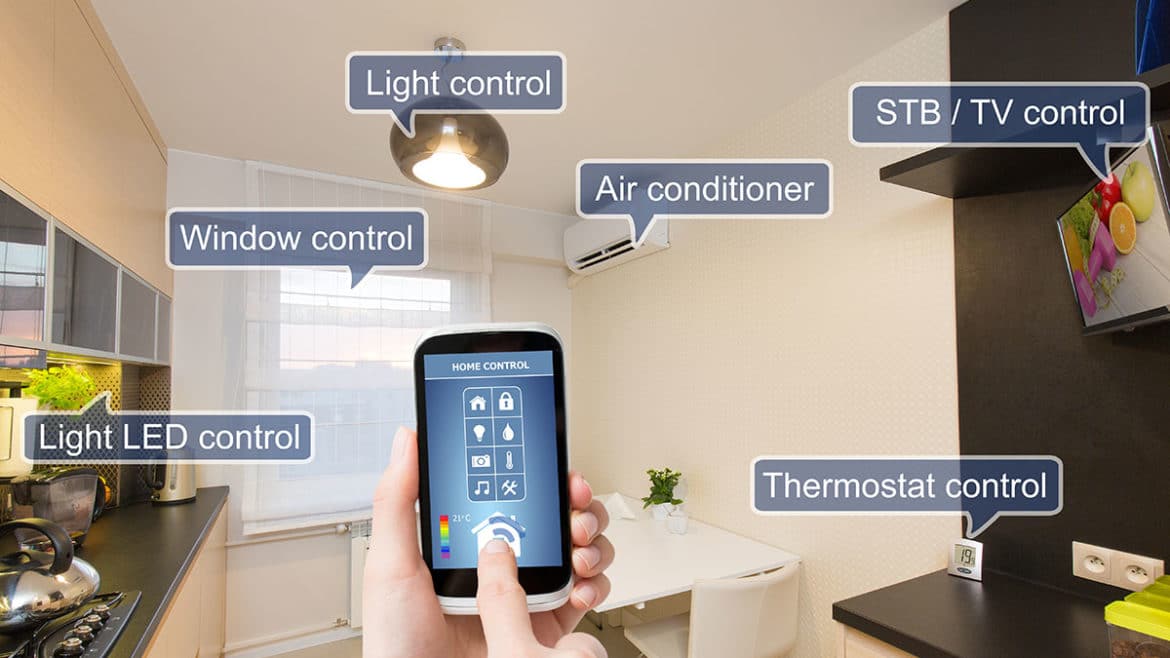Key Takeaways
- New Commission Rules Starting August 17th: Significant changes in how real estate commissions are handled will take effect, potentially saving home sellers a substantial amount of money and providing more control over their sale prices.
- Cost-Saving Opportunities for Sellers: These new rules are designed to benefit sellers by reducing the costs associated with selling a home, making it a more financially advantageous process.
- Increased Control Over Sale Price: Home sellers will gain greater flexibility and authority in determining their home’s sale price, offering a more tailored and strategic approach to selling their property.
Big news is coming to the real estate world this August, and it’s something every home seller should know about. Starting August 17th, a new rule will change how real estate commissions are handled, potentially saving home sellers a lot of money and giving them more control over their transactions.
Let’s dive into what this change means and how you can make the most of it.
What’s Changing?
Traditionally, when you sell your home, you’re also responsible for paying the commission of the buyer’s agent. The idea is that a higher commission might incentivize buyer’s agents to show your property, leading to more competitive bids. But starting mid-August, the buyer will decide how much to pay their agent.
How This Benefits Home Sellers
- More Negotiation Power: You’ll no longer need to offer a buyer’s agent commission, giving you more room to negotiate directly with buyers. This can potentially save you thousands of dollars, which would have traditionally gone toward agent commissions.
- Higher Profits: Without the burden of paying the buyer’s agent commission, you can keep more of the sale proceeds. This extra cash can be a significant advantage, especially in higher-priced markets where commissions add up quickly.
- Flexible Pricing: With one less cost to factor into your sale price, you can set more competitive pricing for your home. This can make your property more attractive to buyers looking to save on costs.
Things to Keep in Mind
While these changes can benefit sellers, there are some considerations to keep in mind:
- Market Timing: Home prices tend to soften after August. While saving on commissions is attractive, you’ll need to balance this with the possibility of fewer buyers in the market when you go to sell.
- Attracting Buyers: Without the incentive of covering the agent commission, you might need to find other ways to attract buyers. This could include offering concessions or benefits directly to buyers instead of their agents.
- Navigating the Transition: The real estate market might experience some turbulence as buyers and sellers adjust to the new rules. Working closely with an experienced real estate agent who understands the new landscape can be crucial.
Steps to Take Now
If you’re planning to sell your home, here’s how you can prepare for the upcoming changes:
- Consult with Your Real Estate Agent: Discuss your selling strategy. An experienced agent can provide valuable insights and help you navigate your best offer under the new commission rules.
- Evaluate Your Timing: Consider the best timing for your sale. While the new rules take effect in mid-August, weigh the benefits of waiting against the potential for a price drop in the market.
- Enhance Your Home’s Appeal: In a market where buyer incentives might change, making your home as appealing as possible can help attract buyers. Invest in staging, minor repairs, and curb appeal improvements to make a strong impression.
- Adjust Your Pricing Strategy: With the potential savings on commissions, you might have more flexibility in pricing your home competitively. Work with your agent to set a price that reflects this new dynamic.
The Bigger Picture
This change is part of a broader movement towards more transparency and fairness in the real estate industry. By shifting the responsibility of the buyer’s agent commission, the market aims to create a more straightforward and equitable process for both buyers and sellers.
For sellers, this could mean significant savings and more control over the selling process. For buyers, it offers clarity on costs and potentially lower overall expenses. As the market adjusts, staying informed and adaptable will be key to making the most of these changes.
Wrapping Up
The upcoming changes to real estate commission rules represent a significant shift that can benefit home sellers by providing more negotiation power, potential cost savings, and flexibility. As you plan your home sale, consider how these changes can work in your favor and consult with a knowledgeable real estate agent to navigate this new landscape effectively.

Discover 2024’s Top Neighborhoods with Smart Financing Options
Read more...















 #1. Brown Bagging!
#1. Brown Bagging!


